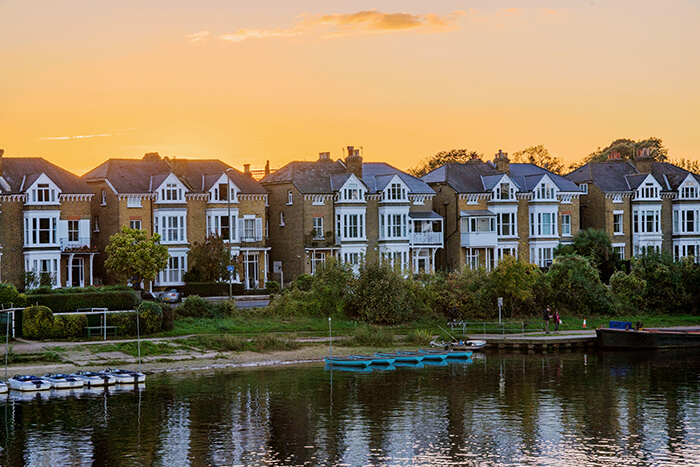If you want to reside permanently in the UK you will need to apply for indefinite leave to remain (ILR). This status allows you to live and work in the UK without any time restrictions. You will later be able to naturalise as a British citizen.

Indefinite leave to remain and permanent residence status
ILR and permanent residence in the UK are often used interchangeably, and while both statuses allow individuals to live in the UK permanently, EU nationals receive the one status and non-EU nationals receive the other.
Non-EEA nationals who have lived lawfully in the UK for at least five years must apply for ILR to stay in the UK permanently. If you’re an EU national, you must apply for permanent residency, now called settled or pre-settled status, to stay in the UK permanently. The application deadline for EU nationals is 30 June 2021.
The benefits of having ILR
Having ILR will allow you to live and work in the UK for as long as you want to. It also allows you to re-enter the country multiple times without restrictions. After you’ve attained your ILR you also won’t have to pay to extend your status.
ILR allows you to access:
- Public funds
- Services such as the National Health Service
- Housing and other social benefits on the same basis as a British citizen
You can be employed by anyone, self-employed or run a business in the UK.
If you have a child in the UK while you have the status of ILR, they will usually automatically be a British citizen.
Indefinite leave to remain for your spouse
For holders of a Skilled Worker visa, Investor or Entrepreneur visa, family members may join you in the UK if you meet the criteria under each particular permit for sponsoring a spouse or dependant children.
Qualifying for indefinite leave to remain
If you have legally lived in the UK for a certain number of years, usually five, you may apply for ILR.
The following visas lead to ILR:
- On a spouse or partner visa and married to, in a relationship or in a civil partnership with a UK citizen: five years
- Skilled Work Visa (previously Tier 2 visa): five years
- Innovator or Start-up visa (previously Tier 1 visa): five years, or three years if you have created enough jobs or earned enough income
- Investor, sportsperson, business owner, arts: five years
- Ancestry visa: five years
- Lawful stay on any basis (long stay): 10 years
- Unlawful stay: 14 years
These visas do not lead to ILR:
- Visitor visa
- Student visa
- Intra-company Transfer visa
- Temporary Worker visa
You will also need to take and pass the following tests:
- Life in the UK test: This is a computer-based test made up of 24 multiple-choice questions. They cover topics such as British values, history, traditions and everyday life in the UK.
- English language requirement test: You do not need to take this test if you are a resident of an exempt country. This includes Australia and New Zealand.
Loss of ILR
The common ways in which ILR can be lost are through ceasing to reside in the UK, and remaining outside the UK for a continuous period of two years or more (or five years for those who were granted settled status under the EU settlement scheme). However, in some circumstances, you may be able to reapply.
Indefinite leave to remain may also be revoked if you commit a crime that could lead to you being deported from the UK, or for reasons of national security.
British overseas citizens, British subjects and British protected persons do not lose their indefinite leave to remain status no matter how long they stay outside the UK.
ILR and the pathway to British citizenship
You may be eligible to apply for British Citizenship a year after being granted indefinite leave to remain.
If you remain a resident in the UK for 12 months after receiving ILR, then you will normally be eligible for British citizenship through naturalisation. If you are legally married to a British citizen, then you will be eligible to apply for naturalisation immediately after you get ILR, even if your relationship has broken down and you are living apart.
